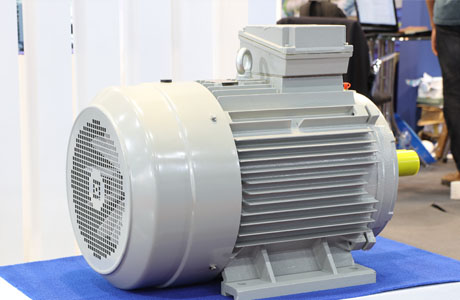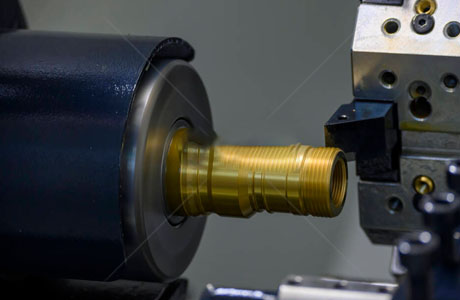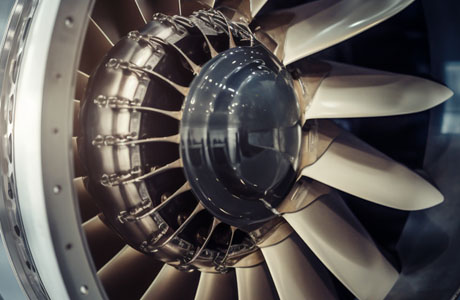Energy Industry
Rapid prototyping can help energy industry enterprises quickly validate design solutions and product performance, and shorten product development cycles.

Why Did YouChoose Us For The Energy Industry?
Sigma Technik Limited has the advantages of fast delivery, high-quality manufacturing, rich manufacturing experience, multiple processing technologies, and diverse product applications, providing efficient, accurate, and reliable rapid manufacturing services to energy industry customers.

Rapid delivery
Sigma Technik Limited With fast and flexible production capacity and efficient logistics distribution network, various rapid prototyping can be completed in a short time to meet urgent production needs of customers.

High quality manufacturing
Sigma Technik Limited adheres to the ISO9001 quality management system and adopts advanced quality testing equipment and technology to ensure the accuracy and stability of its products and meet customers' high-quality requirements

Diversified product applications
Sigma Technik Limited's rapid manufacturing services can be applied to multiple fields in the energy industry, including oil, natural gas, nuclear power, wind power, solar energy, etc., providing customers with diversified product application support.

Multiple processing technologies
Sigma Technik Limited has a variety of rapid manufacturing technologies, including 3D printing, CNC machining, injection molding, etc. It can choose the most suitable processing technology and materials according to customer needs, providing customers with comprehensive manufacturing solutions.
Rapid Prototyping Solutions For The Energy Industry
The common rapid prototyping solutions in the energy industry can select the most suitable manufacturing technology and materials based on specific product requirements and material characteristics, providing fast, efficient, and accurate manufacturing support for product development in the energy industry.
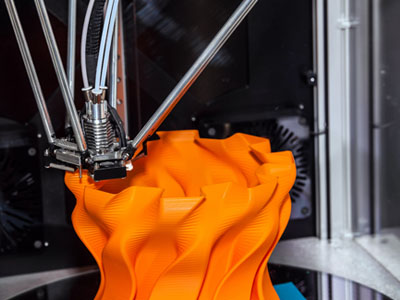
3D Printing
3D printing technology can quickly manufacture various components and components with complex shapes and fine structures, suitable for manufacturing various blades, pump casings, valves, etc.
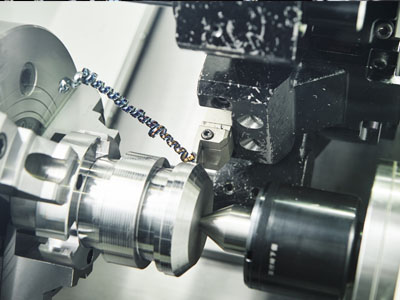
CNC Machining
CNC machining technology can accurately process various metal and non-metallic materials through CNC machine tools, suitable for manufacturing various mechanical parts, pipeline connectors, mine supports, etc.
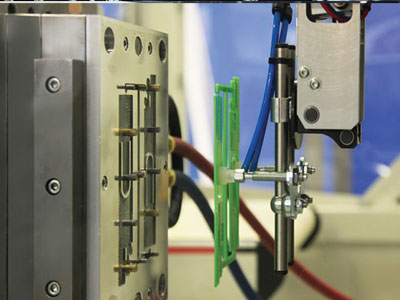
Injection molding
Injection molding technology can produce plastic parts and components of various materials, suitable for manufacturing various pipeline connectors, valves, pumps, etc.

Rapid Casting
Rapid casting technology can produce various metal parts and components in a short period of time, suitable for manufacturing various mechanical parts, pipeline connectors, mine supports, etc.
Energy Industry Manufacturing Materials
The energy industry has a wide variety of manufacturing materials, and different materials are selected for manufacturing according to different application scenarios and requirements. When selecting materials, it is necessary to comprehensively consider factors such as material performance, cost, and environmental issues, and select the most suitable material to meet the performance and quality requirements of the product.
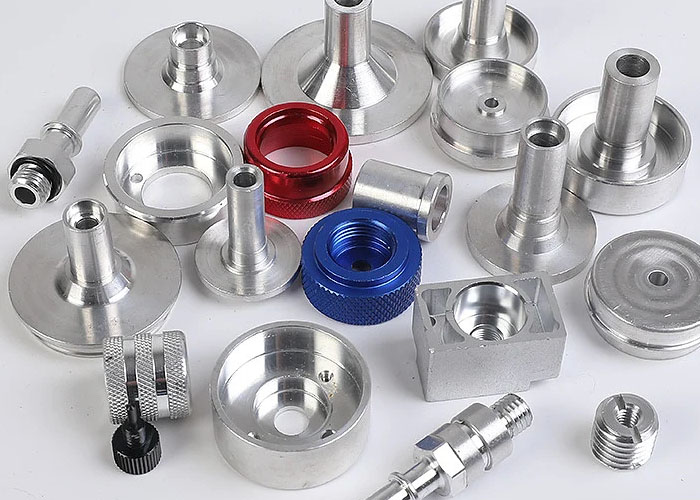
Metal
Metal materials are widely used in the energy industry, such as copper, aluminum, steel, iron, zinc, nickel, molybdenum, etc. These metal materials have excellent conductivity, thermal conductivity, strength, and corrosion resistance, making them suitable for manufacturing various mechanical parts, pipelines, and equipment.
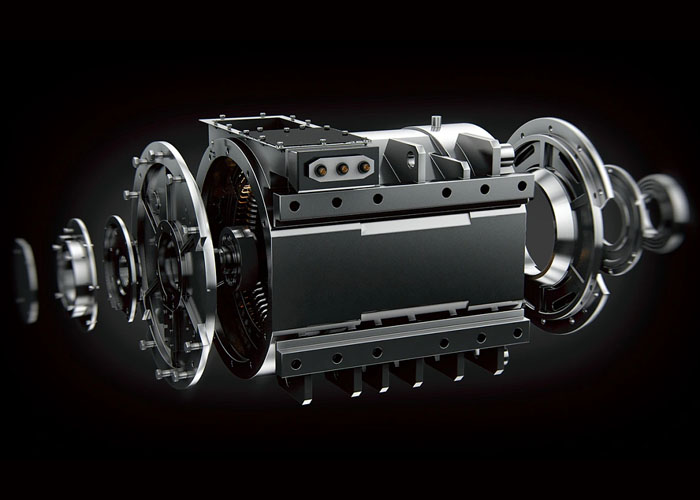
High-temperature alloy
High temperature alloys have high heat and corrosion resistance, and are suitable for manufacturing various high-temperature equipment and components, such as gas turbines, generators, furnaces, etc.

Polymer
Polymer materials are widely used in the energy industry, such as polyethylene, polyvinyl chloride, polypropylene, polyimide, etc. These materials have excellent corrosion resistance, wear resistance, and mechanical strength, making them suitable for manufacturing various pipelines, valves, and pumps.
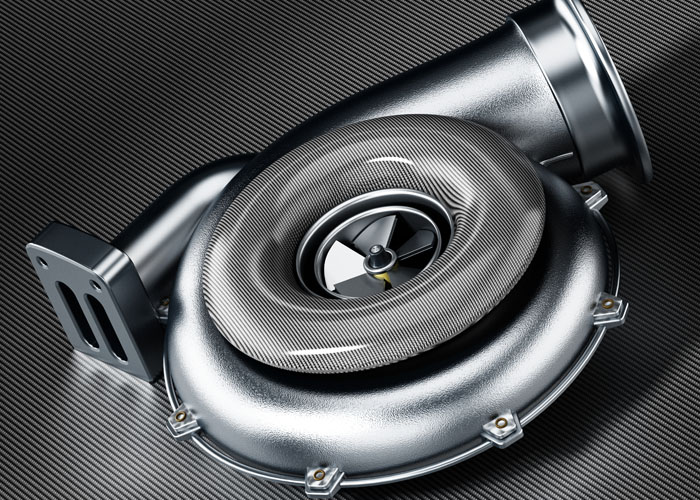
Carbon fibre
Carbon fiber materials have high strength and stiffness, making them suitable for manufacturing various lightweight components and structures, such as wind turbine blades, aerospace components, etc.
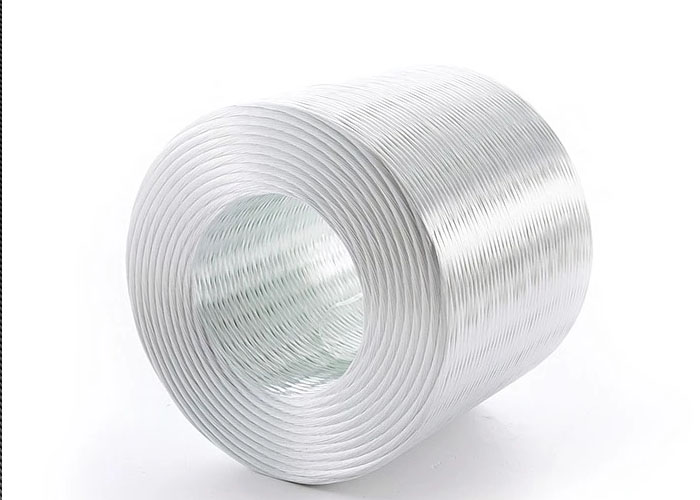
glass fibre
Fiberglass materials have good corrosion resistance and mechanical strength, making them suitable for manufacturing various pipelines, storage tanks, and equipment.
Energy Industry Application
Rapid prototyping technology is widely used in the energy industry, helping designers and engineers quickly manufacture models and samples of various components and equipment to improve production efficiency and reduce production costs.
Customized Parts For The Energy Industry
Customizing parts for the energy industry is a common requirement as it requires the use of various mechanical equipment, electronic equipment, and pipeline connections, which often require customization based on specific needs
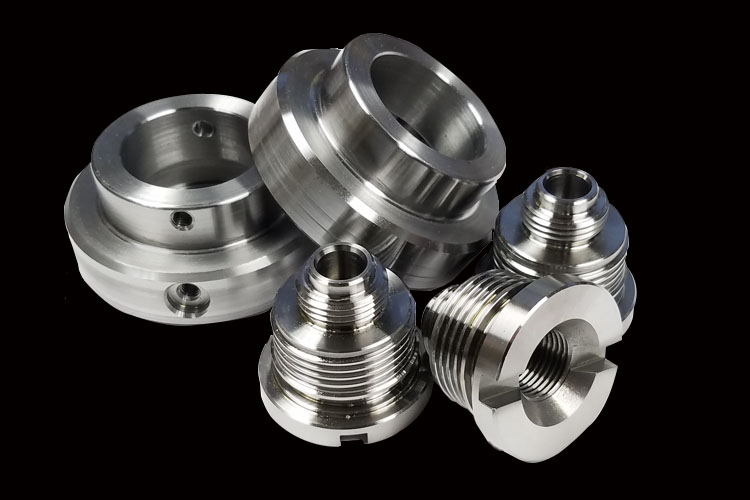
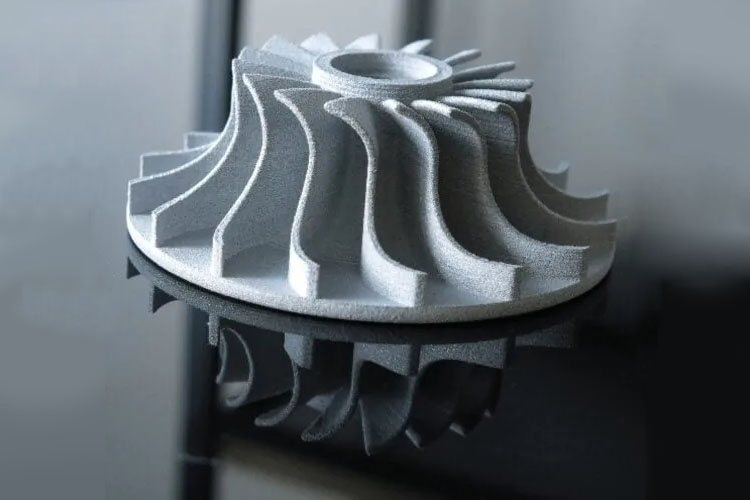
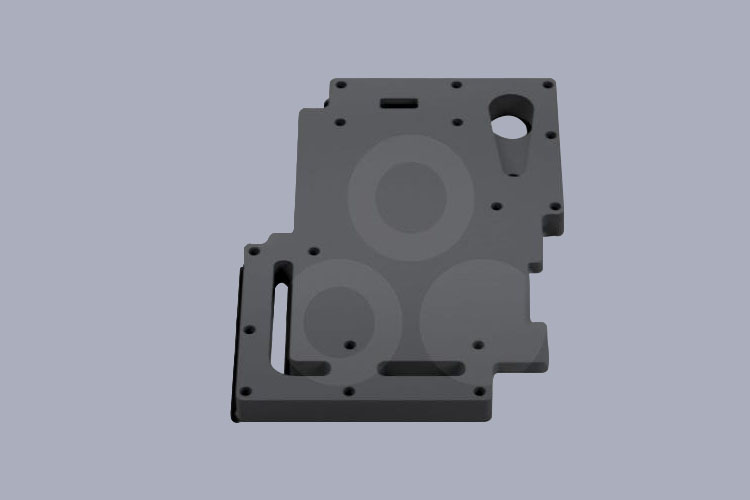
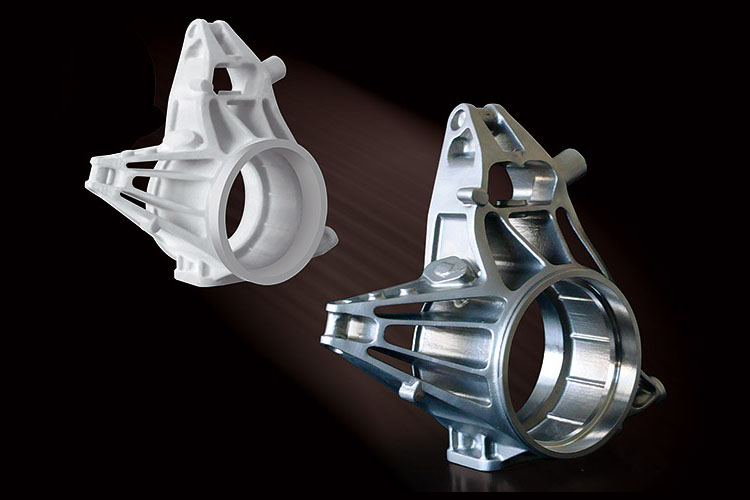
Let’s start a great partnership journey!
Frequently Asked Question
When conducting rapid prototyping, the selection of materials is very important. Different materials have different properties and characteristics, and they need to be selected based on specific application scenarios and requirements. If not selected properly, it may result in the produced parts or models not meeting the performance and quality requirements of the product.
Although rapid prototyping can improve production efficiency and reduce production costs, cost control is still necessary in practical applications. When making, it is necessary to comprehensively consider cost issues such as materials, equipment, and labor to ensure the controllability of production costs.
Rapid prototyping requires 3D model design, and if not designed properly, it may result in parts or models that cannot meet the performance and quality requirements of the product. Therefore, when conducting rapid prototyping, it is necessary to pay attention to the rationality and accuracy of the design.
After rapid prototyping, it is necessary to verify the produced samples to ensure that they meet the performance and quality requirements of the product. If the verification is insufficient or inaccurate, it may lead to issues with the performance and quality of the product.
How to Work With Us
24/7 Support, Sigma provides the most effective solutions for low volume production and rapid prototyping, just a few steps to experience our excellent customer services.
 Whatsapp
Whatsapp
 Email
Email
 Get a Auota
Get a Auota
